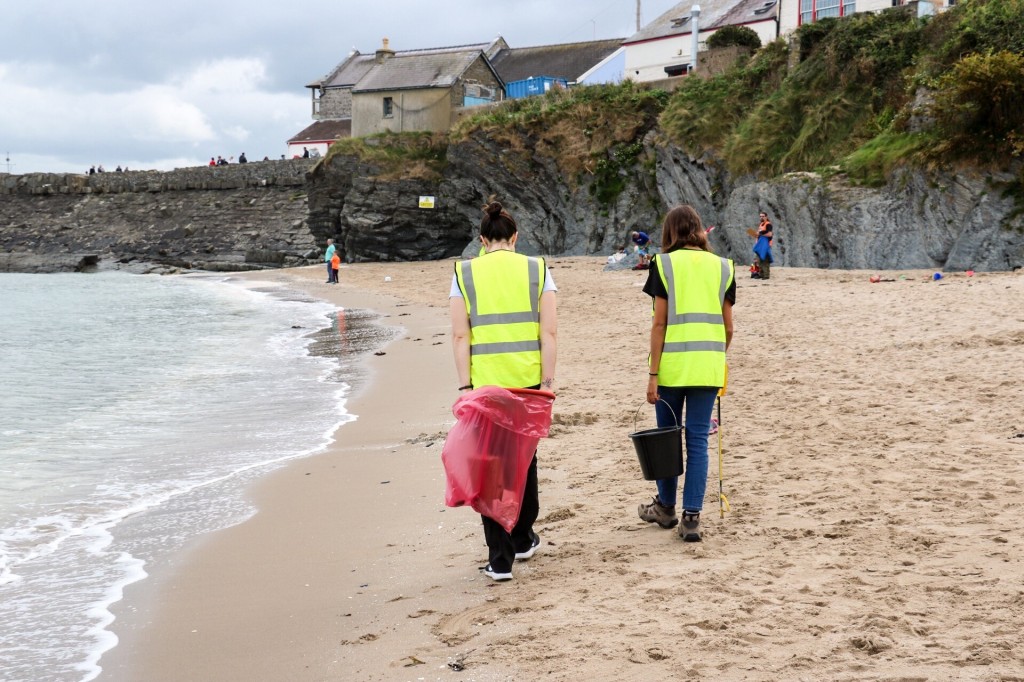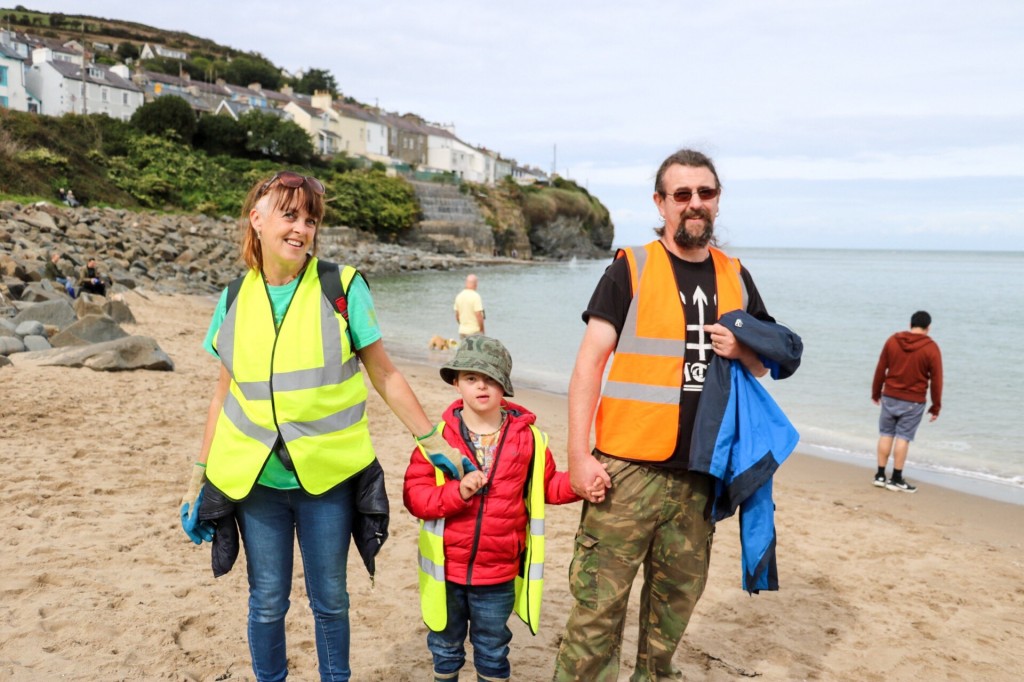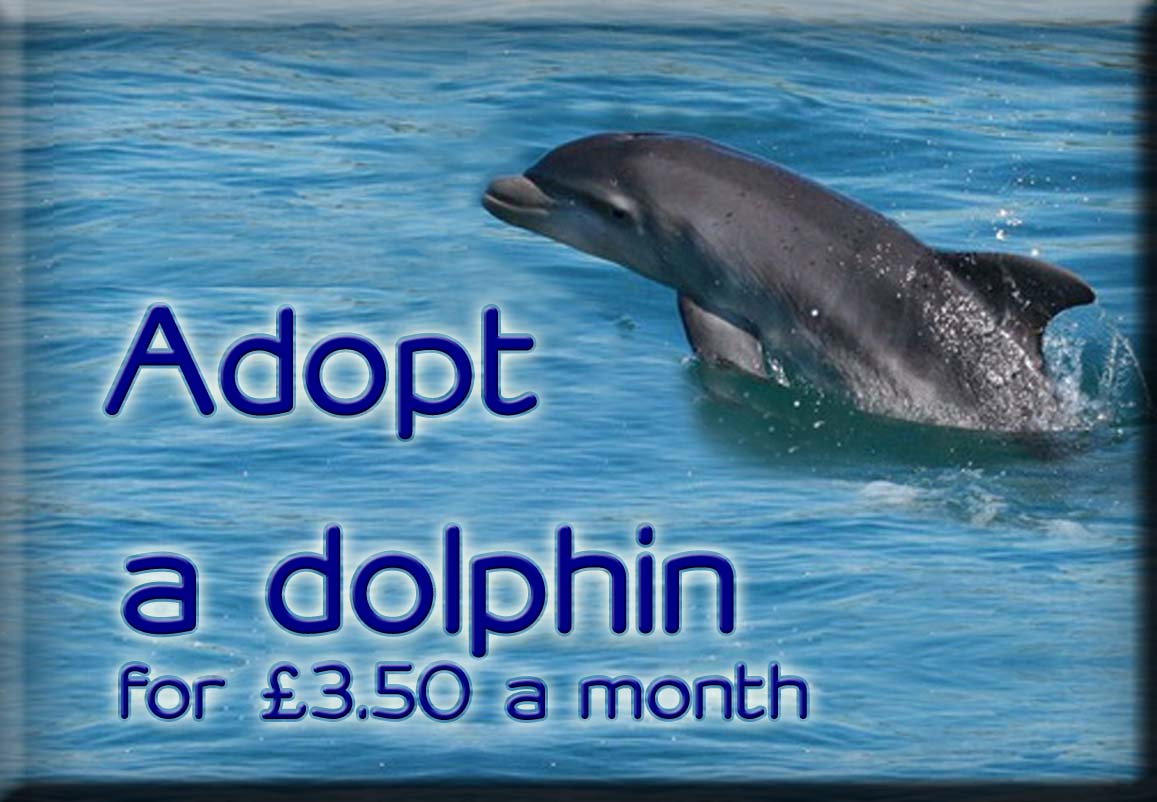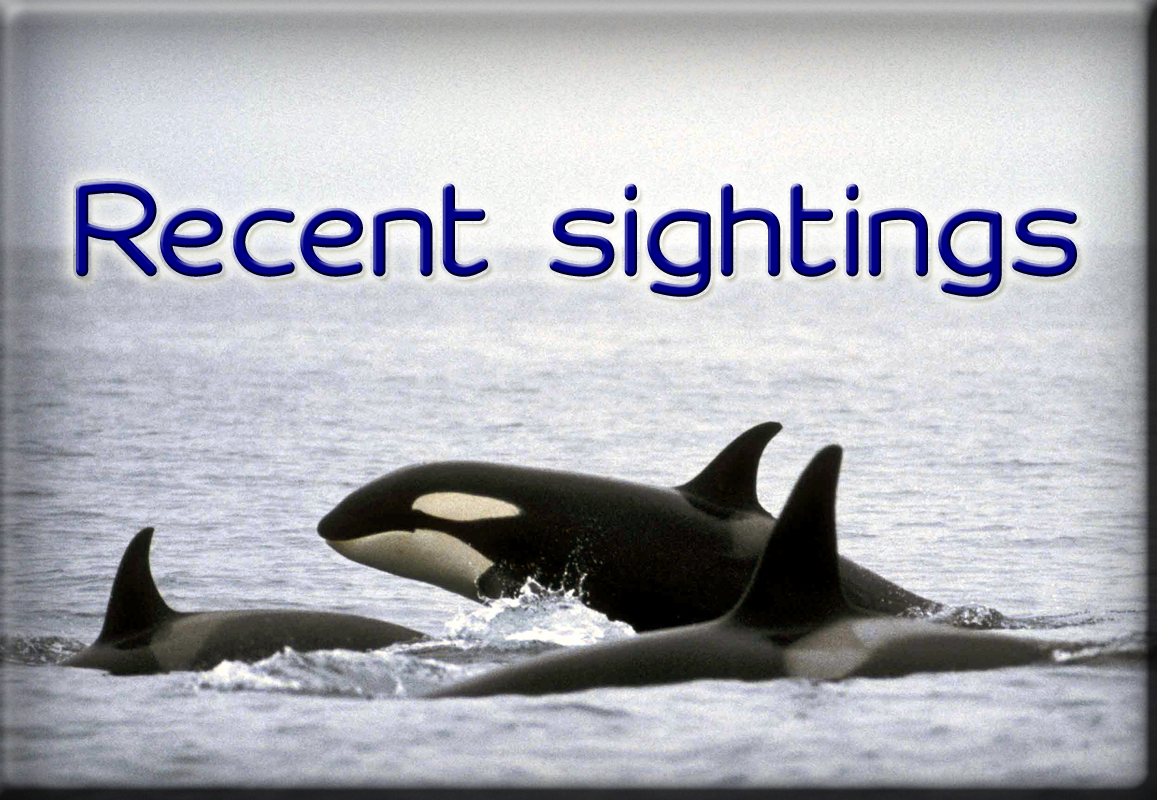Over the past weekend, the Great British Beach Clean was held on beaches around the UK. The Marine Conservation Society (MCS) organises this annual four-day event, which includes both a survey and clean of a 100m stretch of beach. Volunteers are a vital in making the event a success, demonstrated by 7,000 volunteers taking part in 2017 that collected 205,209 individual pieces of litter. It worked out that for every 100 meters cleaned there were 718 bits of litter!
It has been reported that more volunteers signed up this year than ever previously before. Prior to the event, social media was filled with posts from both volunteers and organisers spreading the word about the event. During and after the event it’s still busy with posts highlighting the success and necessity of beach cleans. The success of this year’s clean shows that education and awareness of pollution in marine environments is improving. TV shows such as Blue Planet II impacted most of the nation and spurred a passion for protecting the planet. Unfortunately there is a great quantity of litter remaining in the ocean. MCS’s 2017 report found that litter collected increased by 10% from 2016 to 2017. Previous reports have stated that 12 million tonnes of plastic enters the oceans every year. We therefore have a great deal of work to do to clean our beaches, but the enthusiasm shown around the UK and the world is encouraging.
Sea Watch took part in the national event and organised a beach clean on Dolau Beach, New Quay for September 15th. This date coincided with the International Coastal Cleanup day, in which more than 100 countries come together and clean up nearby beaches. Seven volunteers joined in the beach clean. We were quickly impressed by the cleanliness of the beach compared to its condition in the height of summer and other beaches visited. New Quay has a Plastic Free group and equipment is kept at the entrance of Dolau Beach for the public to use when they wish. Despite this we collected over 50 pieces of litter.

Sea Watch staff collecting litter on Dolau Beach. Photo credit: Natasha Hunt / Sea Watch Foundation.
This included monster energy cans, fish and chips boxes and fishing rope, but most significantly cigarette butts, which can take at least 10 years to decompose. Sadly, this litter could have ended in the nearby sea which houses the UK’s largest population of bottlenose dolphins. We would therefore like to thank all of the volunteers that joined us for the beach clean and made our habitat a safer place!

A lovely family helping out the Sea Watch staff in keeping Dolau Beach clean from litter on September 15th. Photo credit: Natasha Hunt / Sea Watch Foundation.
MCS runs Beachwatch, an ongoing programme of beach and river cleans. If you want to help keep our planet clean for ourselves and wildlife, sign up and join a beach clean near you!
Find details of upcoming beach cleans at: https://www.mcsuk.org/beachwatch/volunteers.
























